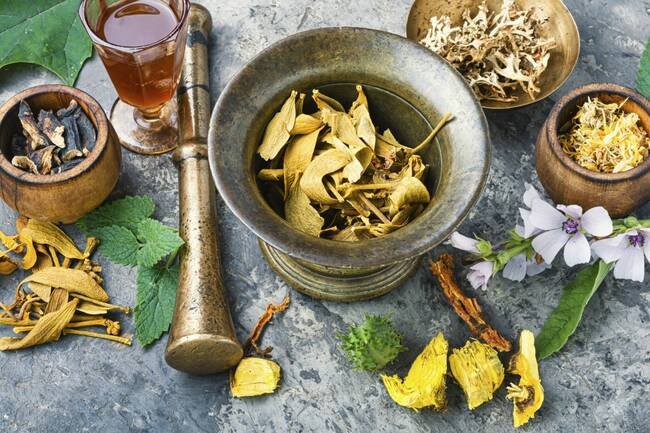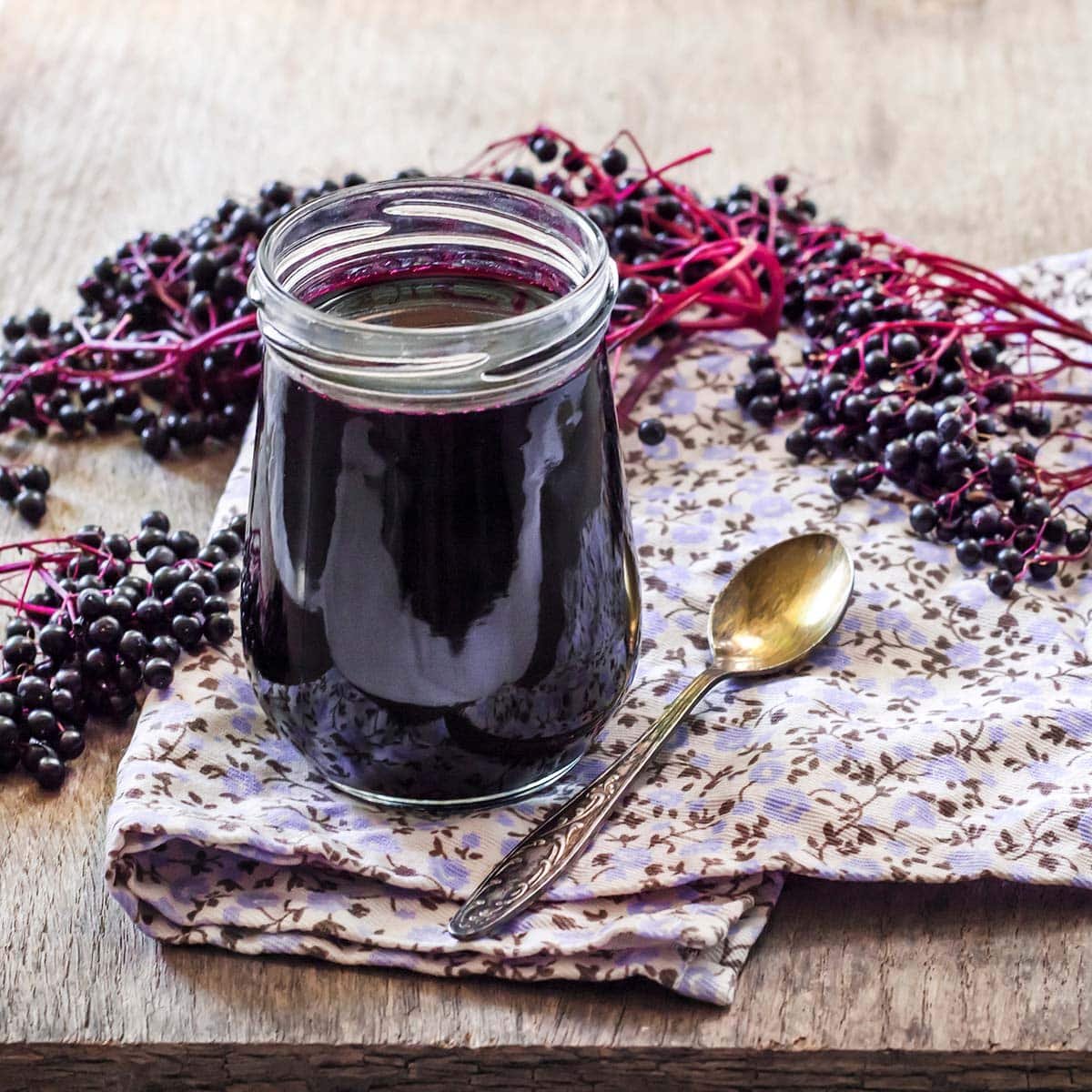
Post-Traumatic Stress Disorder (PTSD) can be a life-altering condition, leaving those affected in a state of heightened anxiety, emotional distress, and mental fatigue. While traditional therapies like cognitive-behavioral therapy (CBT) and medications play a role in recovery, there’s a growing interest in natural approaches. Adaptogens, particularly Rhodiola and Ashwagandha, are gaining traction as powerful allies in PTSD recovery.
These herbal remedies have been used for centuries in traditional medicine, but only recently have modern studies begun to validate their effects on mental health. Unlike conventional treatments, adaptogens work holistically, supporting the body’s ability to manage stress, reduce anxiety, and restore balance. Their role in supporting adrenal health, regulating cortisol, and promoting emotional resilience makes them a promising addition to PTSD treatment.
For those seeking a more natural approach to healing trauma, understanding how Rhodiola and Ashwagandha work is essential. In this article, we’ll explore the unique benefits of these herbs, how they impact brain chemistry, and practical ways to incorporate them into a recovery plan. With the right guidance, these adaptogens can provide hope and relief for those on the path to emotional wellness.
What Are Adaptogens and How Do They Work?
Adaptogens are natural substances that help the body adapt to stress and restore physiological balance. Unlike stimulants or sedatives, adaptogens work to normalize the body’s stress response. This means they help the body “adapt” to both physical and emotional stressors.
Key Features of Adaptogens
- Stress Modulation: Adaptogens help regulate cortisol, the primary stress hormone, keeping levels balanced.
- Energy Restoration: They reduce mental and physical fatigue, promoting sustained energy.
- Nervous System Support: Adaptogens enhance the body’s resistance to anxiety and emotional exhaustion.
- Cognitive Function: Improved concentration, mental clarity, and memory are commonly reported benefits.
By supporting the adrenal glands, which control the stress response, adaptogens make it easier for the body to “bounce back” from the strain of PTSD. Unlike pharmaceuticals, adaptogens do not push the body in one direction but instead restore equilibrium.
The Role of Rhodiola in PTSD Recovery
Rhodiola (Rhodiola rosea) is a hardy herb known for its profound impact on mental health. Native to cold, high-altitude regions, it has been used in traditional medicine to combat fatigue, anxiety, and cognitive decline.
How Rhodiola Helps With PTSD
- Reduces Cortisol Levels: Chronic PTSD is often linked with elevated cortisol, leading to sleep issues, anxiety, and emotional dysregulation. Rhodiola reduces cortisol, promoting calm and relaxation.
- Boosts Serotonin and Dopamine: These neurotransmitters play a crucial role in mood stability. Rhodiola’s compounds help balance these chemicals, reducing symptoms of depression and anxiety.
- Combats Fatigue and Burnout: For those with PTSD, mental exhaustion can feel constant. Rhodiola’s adaptogenic properties boost energy and resilience, making it easier to handle daily stressors.
How to Use Rhodiola
- Dosage: 200-400 mg daily (consult with a healthcare professional).
- Timing: Best taken in the morning due to its mild energizing effects.
- Forms: Available as capsules, powders, and tinctures.
Pro Tip: Start with a lower dose to observe how your body responds. Everyone’s sensitivity to adaptogens differs, and individual results vary.
The Role of Ashwagandha in PTSD Recovery
Ashwagandha (Withania somnifera) is one of the most well-known adaptogens, revered in Ayurvedic medicine for its “grounding” effects on mental health. Often referred to as “Indian ginseng,” Ashwagandha is celebrated for its ability to calm the nervous system.
How Ashwagandha Helps With PTSD
- Reduces Anxiety and Fear Responses: By calming the amygdala (the brain’s fear center), Ashwagandha helps reduce the hyper-vigilance often experienced in PTSD.
- Balances Cortisol Levels: Like Rhodiola, Ashwagandha brings cortisol levels into balance, supporting better sleep, reduced anxiety, and greater emotional stability.
- Supports Emotional Resilience: Ashwagandha strengthens the body’s ability to resist emotional stress, making it easier for people with PTSD to remain calm in triggering situations.
How to Use Ashwagandha
- Dosage: 300-600 mg daily (consult with a healthcare professional).
- Timing: Best taken in the evening for its calming effects, though it can also be taken twice daily.
- Forms: Available as capsules, powders, and teas.
Pro Tip: Ashwagandha’s sedative-like effects make it ideal for those struggling with insomnia due to PTSD. Consistent use over several weeks yields the best results.
Comparing Rhodiola and Ashwagandha
| Feature | Rhodiola | Ashwagandha |
|---|---|---|
| Primary Benefit | Energy and mood boost | Calming and grounding |
| Best For | Daytime use | Evening use |
| Cortisol Impact | Reduces cortisol | Balances cortisol |
| Emotional Support | Enhances motivation | Reduces anxiety |
| Fatigue Reduction | Yes | Yes |
| Use in PTSD | Reduces mental fatigue | Calms fear response |
Both herbs have unique roles in PTSD recovery. While Rhodiola is energizing and mood-enhancing, Ashwagandha is calming and grounding. Used together, they provide well-rounded support for emotional balance.
How to Incorporate Adaptogens Into a PTSD Recovery Plan
- Consult a Professional: Seek guidance from a naturopath or integrative health specialist.
- Start Low and Slow: Introduce one adaptogen at a time, starting with a low dose.
- Maintain Consistency: Adaptogens work best when taken consistently over several weeks.
- Track Progress: Keep a journal to document mood changes, anxiety levels, and sleep patterns.
- Use Holistic Practices: Combine adaptogens with meditation, breathwork, and therapy for best results.
Conclusion
If you’re navigating PTSD recovery, the path can feel overwhelming. While conventional methods have their place, nature offers powerful allies in Rhodiola and Ashwagandha. These adaptogenic herbs work in harmony with the body’s natural rhythms, restoring balance where trauma has disrupted it.
Rhodiola’s energizing properties and ability to reduce cortisol make it a valuable daytime companion, while Ashwagandha’s calming effects support a peaceful night’s sleep. Together, they form a holistic approach to PTSD care, addressing both physical and emotional stressors. Their capacity to balance cortisol, enhance emotional resilience, and support adrenal health offers hope for those seeking natural remedies.
Recovery from PTSD requires patience and support, but with the right tools, it’s entirely possible. Adaptogens like Rhodiola and Ashwagandha provide a gentle, natural path toward healing—a path that feels both human and holistic. Consider speaking with a healthcare provider to see if these herbal allies could be part of your recovery journey.








